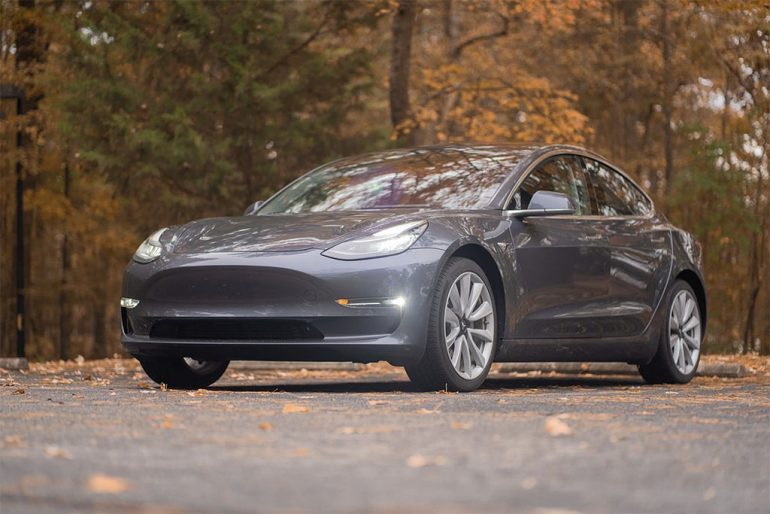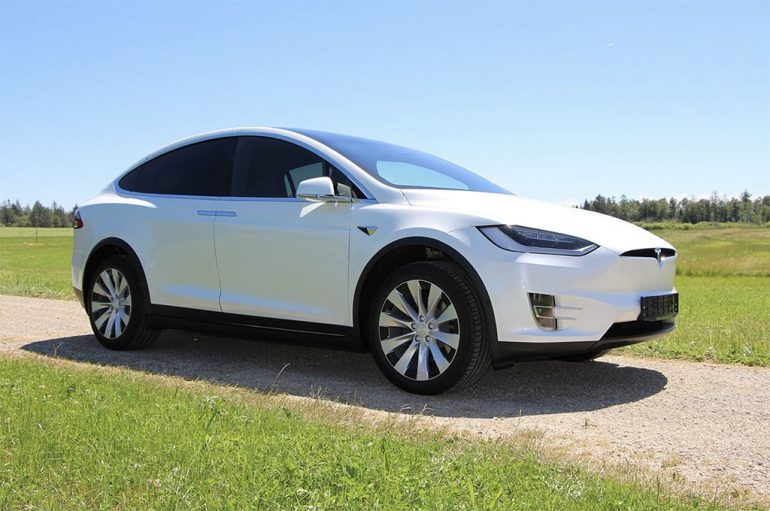
Tesla emerged as a dominant force in the automotive industry. Its innovative technology and focus on sustainability made it a leading player in the electric vehicle market. As a result, Tesla’s stock market performance has been nothing short of remarkable, despite the volatility.
The significance of Tesla’s market dominance cannot be overstated. It has not only disrupted the automotive industry but also impacted the stock market. Tesla’s stock has been closely watched by investors and analysts alike, as it has the potential to influence the overall market.
Also, don’t forget that you can get discounted new car pricing with a free quote through qualified local dealer partners.
In this article, we will explore Tesla’s electric vehicle market dominance and its effect on stock market growth. We will delve into the factors that have contributed to Tesla’s success and the challenges it faces as it continues to expand.
Since the introduction of the Tesla Roadster in 2008, which was Tesla’s first car model, the company has been making a name in the global market. Up to this day, it remains a force to reckon with.
Despite Tesla being one of the driving forces behind the electric vehicle market, its command in the industry has been questioned in recent years. Tesla’s market share has been decreasing due to the entry of new competitors and the launch of more affordable electric vehicles.
However, Tesla remains the top-selling electric vehicle brand in the US. and still holds the majority of the market share, which as of August 2022, was at 68%. Despite this, Tesla’s market share has decreased from 79% in 2020 to 65% in 2022, and analysts predict that it may drop below 20% by 2025.
Meanwhile, Tesla built 1.37 million cars in 2022 and sold 1.314 million. Most of these numbers are for Models 3 and Y. On the other hand, a smaller portion is for Models S and X. The deliveries for that year grew by as much as 40% compared to its previous performance.
Several factors have contributed to Tesla’s rule. Firstly, Tesla was one of the early entrants in the industry and gained an early-mover advantage. Additionally, the company has developed a strong brand image and a loyal customer base that is attracted to its cutting-edge technology, sleek designs, and strong environmental credentials. Tesla’s reputation for innovation and quality has also helped to solidify its position in the market.
Another key factor contributing to Tesla’s superiority is its extensive charging infrastructure. Tesla has built a network of Supercharger stations across the US and other countries, making it easy for Tesla owners to travel long distances without worrying about range anxiety.
Lastly, Tesla’s success in the electric vehicle market can also be attributed to its ability to manufacture and sell electric vehicles at scale. The company has achieved economies of scale that have enabled it to reduce costs and offer more affordable models to customers. In turn, such helped the company to achieve higher profit margins than its competitors.
The electric vehicle market’s growth and Tesla’s reign have had a profound impact on the stock market. Its dominance in the electric vehicle industry has led to a significant increase in the number of people who invest in Tesla stocks. Many remain hopeful that the company will continue being an innovator, which, in turn, can positively impact its stock market performance.
Tesla’s stock value has skyrocketed in recent years, largely due to its dominant position. The company’s stock price has experienced significant growth, with an increase of over 700% in the past five years. This growth can be attributed to Tesla’s success in the electric vehicle market, as well as the company’s ability to meet its production goals and expand its operations.
Tesla’s success in the electric vehicle market has also had a positive impact on the stock market as a whole. The company’s growth has led to increased investment in the electric vehicle industry, resulting in the growth of other electric vehicle companies as well.
According to a report by Fortune Business Insights, the global electric vehicle market size is expected to reach $985.72 billion by 2027, with a CAGR of 21.1% from 2020 to 2027. Tesla’s dominance in the market has been a major driving force behind this growth.
Furthermore, Tesla’s market influence has also led to increased investor confidence in the company’s ability to continue to innovate and expand. This has led to a higher valuation for the company and an increased appetite for Tesla’s stock among investors.
Additionally, the company’s reign has also made it a more attractive target for investment, with many investors viewing Tesla as a safer bet than the regular gas-powered SUVs. Its efficiency is one of its biggest selling factors, helping Tesla become a key player in the global market.

Despite Tesla’s current performance, there are several issues that the company may face in the future.
One of the primary challenges facing Tesla is increased competition from other electric vehicle manufacturers. While Tesla currently holds a significant market share, other companies such as Rivian, Lucid, and Volkswagen are ramping up production and are expected to increase their market share in the coming year. While Tesla has a head start in terms of brand recognition and manufacturing efficiency, these companies are likely to present strong competition.
In addition to increased competition, Tesla may also face regulatory challenges in certain regions. For example, governments may impose stricter emissions regulations, making it more difficult for Tesla to maintain its current market share. Furthermore, some countries may offer incentives for the purchase of electric vehicles made by domestic manufacturers, leading to the difficulty for Tesla to compete in those markets.
Despite these challenges, Tesla has several advantages that may help it maintain its position as a market leader in the electric vehicle industry. For example, Tesla has a well-established brand and a loyal customer base that is dedicated to the company’s mission of reducing carbon emissions. Furthermore, Tesla has a strong reputation for producing high-quality electric vehicles that are reliable and technologically advanced.
Tesla’s success in the electric vehicle industry is undeniable, but what does the future hold for the company? Tesla has ambitious plans for growth and expansion, intending to produce 20 million electric vehicles per year by 2030. To achieve this, Tesla plans to build new factories in multiple locations around the world and increase its battery production capacity.
Further, Tesla has also been investing heavily in expanding its Supercharger network, which is a key advantage for the company in the electric vehicle market. As of 2022, Tesla had over 25,000 Supercharger stations worldwide, and the company plans to continue expanding its network. This expansion will not only benefit Tesla owners but also attract new customers who may have been hesitant to purchase an electric vehicle due to concerns about charging infrastructure.
The future growth in the electric vehicle market also relies on the introduction of new models. In addition to the current lineup of the Model S, Model 3, Model X, and Model Y, Tesla has plans to introduce new models in the coming years. One highly anticipated model is the Cybertruck, an all-electric pickup truck with a futuristic design. Tesla has also announced plans to release a new version of the Roadster, a sports car with impressive performance specifications.
Furthermore, the company has hinted at the possibility of introducing a smaller and more affordable vehicle, potentially aimed at the mass market. These new models could further expand Tesla’s customer base and solidify its position as a dominant market player.
Tesla has dominated the electric vehicle market, with a significant market share and a strong brand reputation. While challenges to its market dominance exist, such as increasing competition and potential regulatory changes, Tesla has shown resilience and adaptability in the face of these challenges. The future of the electric vehicle market and Tesla’s place within it remains uncertain, but the company’s past success indicates it will continue to be a major player in the industry.